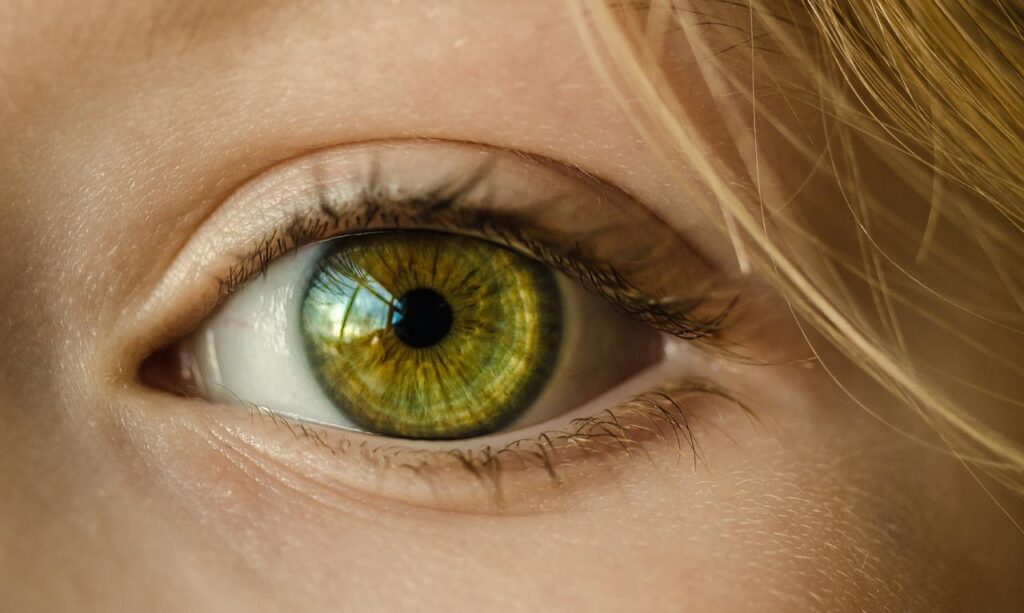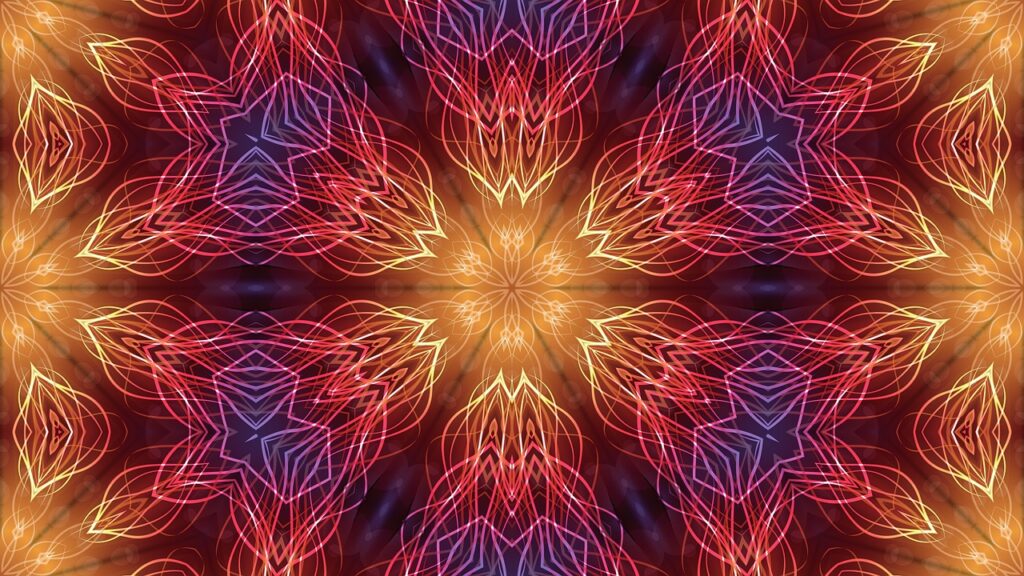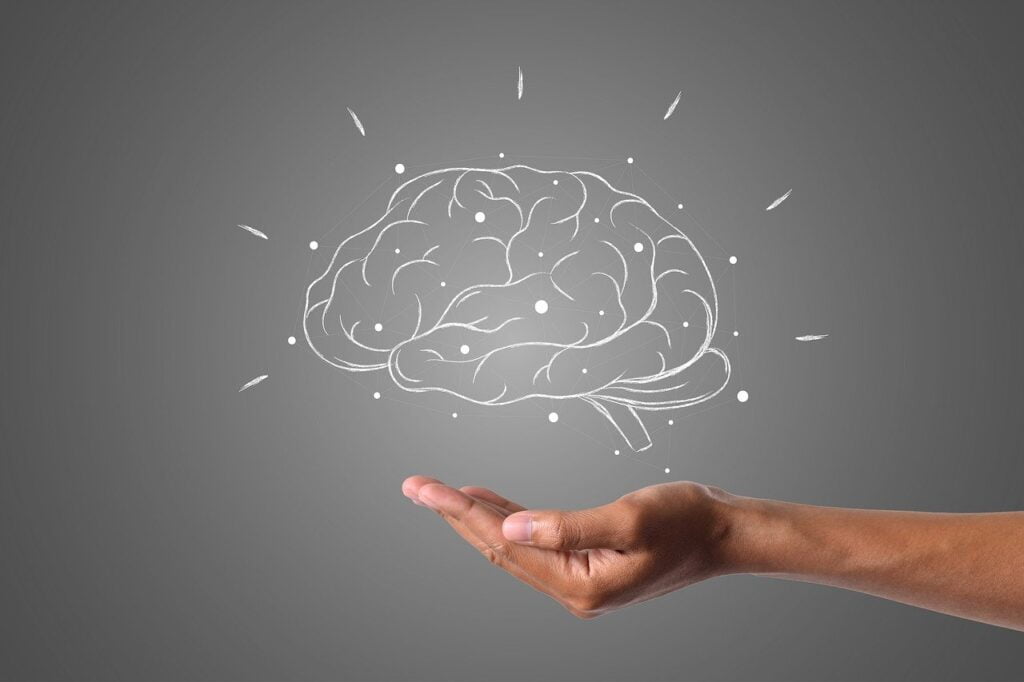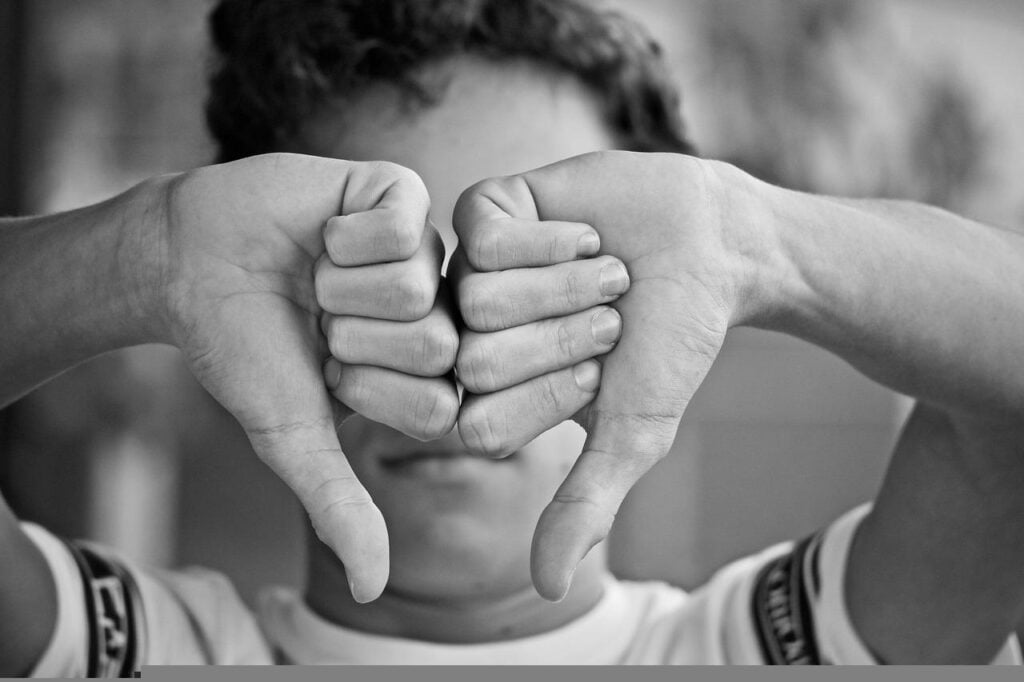- Home
- Types of Addiction
- LSD Addiction Help & Treatment
LSD Addiction Help & Treatment
Lysergic acid diethylamide is the full name for LSD, which was first synthesised into a drug in 1938.
LSD is an odourless, tasteless powder obtained from a fungus that grows on rye and other grains.
It comes in liquid, tablet and capsule forms, or on squares of gelatine.
Its physical effects felt can be felt in a matter of minutes depending on the strength of the dose, but it generally starts to take effect within an hour and can last for up to half a day or longer.
Methods of use include swallowing, sniffing, injecting and smoking.
Hallucinogenic Properties

LSD is classed as a hallucinogenic drug, which means it can lead to intense hallucinations.
Users may experience distortions in the way they perceive time, and it is likely they will feel disorientated and confused.
These experiences on the whole tend to be perceived as pleasant for most people, but some may find these effects frightening.
This intense experience usually disappears in a couple of hours, although some psychological symptoms may be apparent for longer.
Physical Effects Of Taking LSD

One of the main effects of taking LSD is that it will lead to a person experiencing changes in perception.
These changes are mainly visual, but the body’s auditory system can be affected as well, some people have reported hearing colours or seeing sounds after taking LSD.
People’s perception of time is distorted, and LSD also affects people’s psychological processes and emotional states.
People also report experiencing spiritual enlightenment after taking LSD, they feel they have developed a unique understanding of life, and are in a state of peace and contentment, with everything making sense to them.
LSD – Tolerance And Physical Dependence

People taking LSD will find that they develop a tolerance to the drug very quickly.
A second dose of the drug taken 24 hours later will have a significantly lessened effect, and after 3 or 4 consecutive days of taking the same initial dose it will have no effect at all.
However, it has also been noted that after a period of not taking the drug people lose tolerance to it very quickly.
People taking LSD will not experience many physical withdrawal symptoms when they stop taking the drug after a long period of use.
LSD – Psychological Dependence

The physical and psychological effects that a person experiences after taking LSD are very pleasurable and provide a unique and memorable experience for the user, which means that it is highly likely that they will want to experience these effects again in the future.
For example, the experiences produced in terms of the “tripping experience” include perceiving an intensity in colours and images, movement of stationary objects and bizarre shape movements, all of which make potentially LSD a psychologically addictive drug.
Changes in perception and the sensory experiences they produce can be much sought after for those looking to gain access to a different reality to escape to, which is different to their everyday life.
People can be said to have developed a psychological dependence on LSD if they continuously seek its effects because it provides a rewarding psychological experience for them.
LSD – Withdrawal Symptoms

There are no physical withdrawal symptoms present for LSD, although depressive and psychotic symptoms have been known to occur after giving up the drug.
On certain occasions some clients will experience visual flashbacks several weeks after ceasing consumption of the drug -if this occurs, they are probably re-experiencing previous visual memories related to their drug use in their mind.
These can be quite intense but will fade away over weeks if the person continues to abstain from taking the drug.
Signs And Symptoms That Someone Is Addicted To LSD

LSD is predominantly a hallucinogenic drug and the DSM 5 criteria for a hallucinogen use disorder (HUD) states that if, over a 12-month period two or three of the following symptoms are present, then it is likely that they will be diagnosed with a mild HUD.
- Taking LSD more often than was intended and in larger doses.
- Despite wanting to stop, people are unable to cease their LSD use.
- A lot of time is spent thinking about and obtaining the drug.
- Strong cravings for LSD are present.
- People are unable to fulfil their daily commitments due to their LSD use.
- They continue taking LSD despite all the harm it is causing them, whether physically, socially or psychologically.
- They stop engaging in all the activities they use to enjoy because of their LSD use.
- They continue to use the drug and put themselves and others at risk by operating machinery or driving whilst their cognition and perception are significantly hampered.
- They continue to use the drug despite being aware of a health-related issue that they have developed because of their LSD use.
- They build a tolerance to the drug and need more of the drug to experience the same initial effect they had.
Physical withdrawal symptoms are a common symptom of most substance misuse disorders, but this does not tend to apply to hallucinogenic drugs like LSD.
LSD Addiction – Treatment

There is no physical dependence reported for LSD.
This means the person does not experience physical withdrawal symptoms when they stop taking the drug, so there is no need for the use of medication to facilitate any detox treatment.
However, psychotic and depressive symptoms may occur when coming off the drug.
Inpatient Treatment And Regular Psychiatric Monitoring

Inpatient treatment may be required to ensure the client does not engage in any drug use for a while, as it is important for patients to be on a stable footing to fully benefit from treatment.
It is imperative for patients to have regular contact with medical or psychiatric services who will be able to monitor them carefully, and guide them accordingly during this window of recovery when they are at their most vulnerable.
This is because there is a slight chance they may experience a severe mental health decline during the withdrawal phase.
Treatment Is Multi-Dimensional

Many rehab treatment programmes take a multi-dimensional approach to treating clients with LSD addiction.
This ensures that all clients receive a holistic approach to recovering from addiction, as research has shown that people who have successfully recovered tend to work on many different aspects of themselves and their lives in order to move forward from addiction.
Psychological Rehabilitation

Once the client has undergone a full assessment and the medical staff are satisfied that the client is in a stable state, they can begin to receive psychological and emotional support to help them continue their recovery from LSD.
There are many types of psychosocial interventions that rehab centres use, each of which serves a different need of the client during their recovery process.
One-To-One Sessions

It is important that clients build up a rapport with one key support worker at the rehab centre they attend.
Having regular, consistent contact with one person will help alleviate any of the client’s anxiety and concerns.
The support worker will act as a confidant, motivator, and educator and is someone clients can trust to provide them with reassurance and advice when required.
Different Psychological Therapies For LSD Addiction

Rehab centres combine elements of individual and group therapies in their treatment programmes, both of which offer something valuable for clients in recovery.
There are several individual psychological therapies used by rehab services these days, each of which can help the client in different ways.
- Cognitive Behavioural Therapy (CBT) will help them eradicate negative thought patterns.
- Dialectical Behavioural Therapy (DBT) will help them manage negative emotions more productively.
- Motivational Interviewing (MI) will help them to remove any psychological barriers they may exhibit toward treatment.
- Transactional Analysis (TA) will help them improve the quality of their relationships.
It is also likely that clients will also be recommended to engage in psychotherapy sessions to help them work on the psychological and social factors that contributed to their LSD use.
Group-Based Therapy

Many researchers believe that addiction is a relational disorder, and many people turn to drugs to help them deal with difficult relationships, or their drug use means that they have neglected the good relationships that they previously had.
Either way, group therapy helps clients build meaningful social connections with other people.
Through the work they do in the group, clients can learn to trust other people, develop empathy and understand the experiences and perspectives of other group members.
The group can provide a solid foundation for clients to gain the confidence to engage socially with others and for them to feel a sense of belonging, something they may not have previously experienced in their lives, not even in their own families.
Education-Based Interventions

Relaxation Training – This will help clients learn to manage stress more effectively so that they can cope with the frustrations and difficult emotions that are generated from everyday life, so they do not automatically turn to LSD for psychological relief.
Relapse Prevention – It is vital for clients to identify situations they may face that may tempt them back into using LSD. Once they do, strategies can be rehearsed to help them resist using LSD when such situations arise.
Assertiveness Training And Drug Refusal Skills

To help clients resist taking LSD in high-risk situations, rehab services run workshops that help clients become more assertive when faced with the social pressure to break their sobriety.
This involves rehearsing what to say in anticipation of high-risk situations.
Clients are coached to firmly decline to take LSD when they are offered the drug rather than submit to strong peer influences.
There is also a range of CBT based interventions that drug users can be educated on which will help them change their mindset and improve their ability to analyse and solve problems more effectively than they previously did.
Free Sources Of Support

Narcotics Anonymous (NA)
As with all substance addictions, there are many opportunities throughout the UK during the week for clients to attend support meetings where they can seek support, advice and encouragement from other people who have become addicted to drugs.
The Narcotics Anonymous website provides a list of all the times and locations for all support meetings across the UK during the week.
They also provide details of recovery events and a whole range of information and resources to help members maintain contact with each other and to help them develop the knowledge and skills required to boost their chances of recovery.
The key message from the NA is that fellowship and genuine human connection promote recovery from addiction.
SMART Recovery
SMART Recovery is a UK based not-for-profit organisation that offers help and support to help people conquer addiction.
They offer clients training workshops run by qualified facilitators who guide clients through their carefully structured programme.
The meetings are held weekly and last for around an hour and a half.
SMART recovery’s course uses a cognitive approach to get clients to think about the thoughts that trigger their addictive behaviour and work with the clients to set goals in the future rather than exploring issues from the client’s past.
They welcome new members and it’s fine if new clients just want to observe to begin with until they feel more comfortable.
There is no fee to pay, although members do have the option to make donations to ensure the charity can cover its costs.
Get Help For LSD Addiction

Finding the right treatment service that can help you live free of an addiction to LSD is often a complicated and time-consuming process.
If you need urgent help and are finding the wide variety of treatments on offer overwhelming, that’s where we come in.
Our LSD addiction treatment assistance gives you:
- A free help and evaluation service to help you choose
- Guidance on the best treatment options for your circumstances
- Assistance in picking out the most cost-effective options
- Information on quality of care, best clinical practice and more
- Complete clarity so you can make the right choice of treatment
Call today in complete confidence on 08000 886 686 to take your first steps towards a happy and healthy new life.



